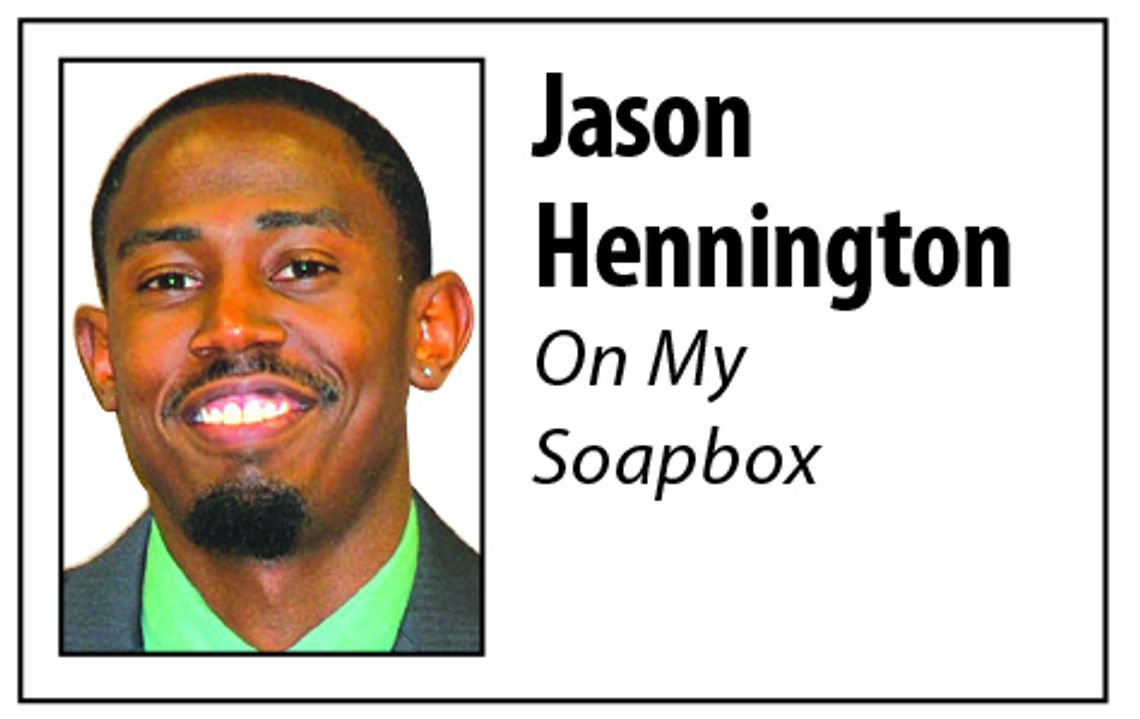This column represents the thoughts and opinions of Jason Hennington. This is not the opinion of the Taylor Press.
As a reporter, I have a responsibility. My job is to deliver accurate and timely information on everything from holding elected officials accountable to sports scores and information on crimes.
I understand my calling, and I take it seriously, but at times I have to tell myself, “No matter what I encounter, it is my job to report the story.”
Typically, when readers are upset about something in an article, whether it’s from covering a city council or a school board session, I listen to their viewpoint, offer mine and file it away. However, when I have to be at scenes where someone died or was injured, it hits different (that’s what the kids say, right?)
In certain situations, I have to put my personal feelings and emotions aside and focus on getting the information for a story. Unfortunately, that’s not always easy.
Recently, our news team sped to the scene of an accident where a cement truck collided with a Hays Consolidated Independent School District bus carrying teachers and preschoolers. Two people, including a 5-year-old boy, died.
Seeing parents crying and rushing to the scene was intense. As a parent, it hurt me to think about what could have happened to someone’s child. I felt myself wondering how I would react if I heard my kids were in an accident on a school outing.
At the same time, I could not let my emotions get in the way of reporting the story. I had to make sure the correct information was gathered and released to the public. I took photos of the overturned bus; luckily, no children remained in the transport anymore. I didn’t know anyone involved, but I immediately thought about all the emails I received about upcoming field trips for my girls.
Hunter Dworaczyk, our general assignment reporter, has an interesting view on separating work from personal feelings. “Personally, I feel there’s a sense of heaviness that comes with the tough stories. While I recognize telling these stories are part of the job, it sometimes can be emotionally confusing as to why we are covering what we cover,” he said. “I think of myself as someone who is typically very empathetic to what others are going through, so to know that I may be asking someone with grief to explain their pain is hard. It’s something I don’t take lightly. Trusting your colleagues and having loved ones you can turn to during these stories is crucial as a journalist.”
Dworaczyk has not covered too many stories along these lines. He also doesn’t have any children, but he still has empathy and compassion towards other people. He also understands the hard part of what we do.
Our executive editor, Thomas Edwards, is a veteran crime reporter who has covered tragedies for decades. He often offers his advice about how to handle such coverage, but it’s a little different from Hunter.
“After a while, if you write about enough of these, you have to be careful not to become jaded,” Edwards said. “Always practice empathy, but don’t get emotionally involved.”
As reporters, we cover, we report, but we also feel. In some cases, we try to put that feeling into our writing by gathering all the details to tell a clear, complete story. Even if it’s not for our benefit, a family member of someone involved could find solace or closure from a story we write about their loved one. Our goal is to be accurate and timely, and our hearts go into what we write — in more ways than one.
I’m going to get off my soapbox now and go watch “Wrestlemania.” Well, that’s if Jasmine and Tiana let me. They keep talking about the eclipse, but that’s not until Monday.
“We are the recorders and reporters of facts — not the judges of the behaviors we describe.”
— Alfred Kinsey




